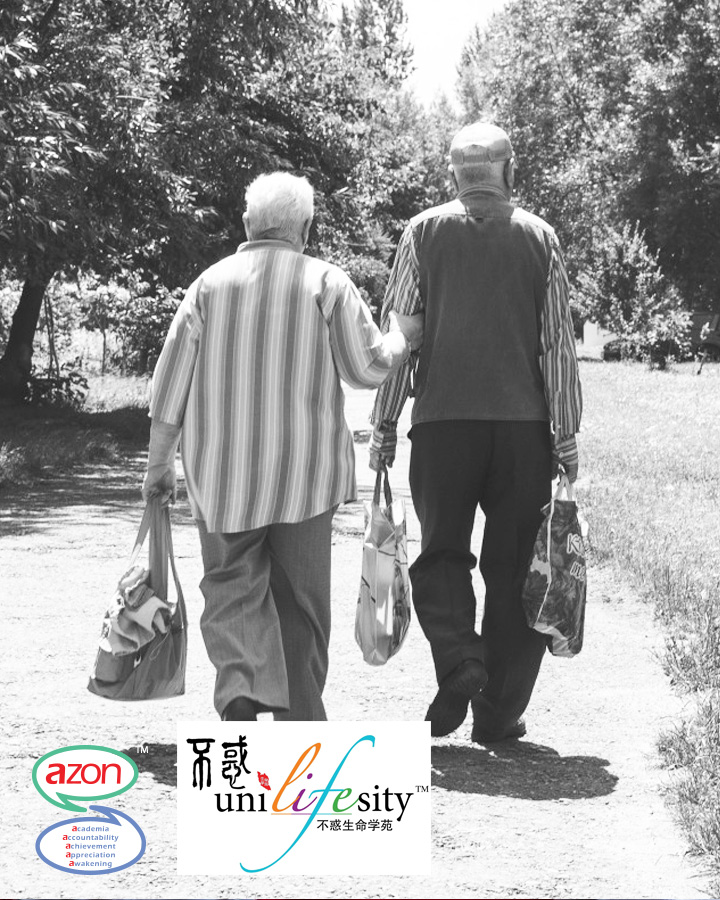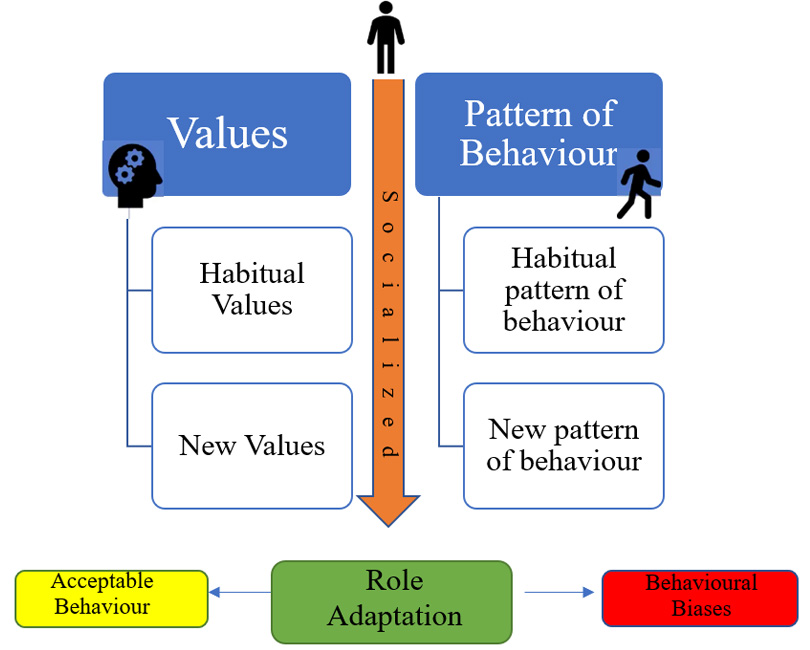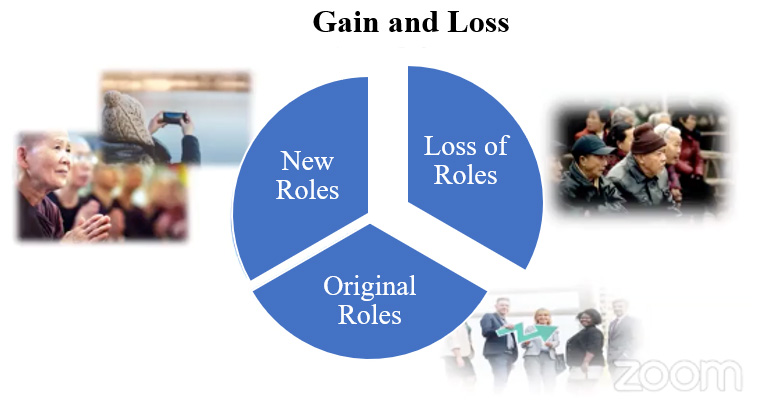 Topic: Seniors and Mental Health: Behavioural Biases
Topic: Seniors and Mental Health: Behavioural BiasesDate & Time: 16 August 2022 (Tuesday), 9.30am-10.30am
Speaker: Ms Lee Li Li (Consultant Psychologist and PhD candidate in Gerontology Medical Science)
In this session, we will analyze the behavioural biases of the elderly from a psychological perspective. Family conflicts can arise from the continued misbehaviour of the elderly. As a result, the elderly will not be happy and it will negatively affect their physical, emotional, mental, and psychological conditions.
Common thinking of behavioural biases
- Self-centeredness: When the elderly's needs are not taken into account, they may become irritated and even feel rejected and disrespected by their family members.
- Gossip: Discuss topics that make other people uncomfortable. However, it is acceptable if it is a social discourse.
- Conservative favouritism: Some elderly may have conservative thinking (e.g., favouring sons over daughters, favoring the young, etc.), which could lead them to choose one child over another.
- Suspicious thoughts: Believing someone stole their property, but in fact, they may have used it and forgotten about it.
- Unsatisfactory: The elderly may believe that their child is unfilial and feel dissatisfied even if the child tries to accommodate their needs.
(Note: Elderly crimes include stealing, sexual assault, serious physical harm, etc.)
Social health sciences for the elderly and middle-aged

Example: There is a person who is an expert at fixing cars. He describes himself as a mechanic (fixed values). He puts a lot of effort into his work and is eager to share with others his expertise (fixed behaviour pattern). When he reaches old age, however, the use of mechanical repairment has been altered due to advanced technology. As a result, he struggles to adapt to the new reality and progressively develops depression or depressive symptoms.
Coping Strategies:
- Instill new values and behavioural patterns—It is undeniable that the elderly is too old to perform the tasks in the same way they used to. However, they can also choose to systematize their previous experience and expertise so that they can continue to pass on and educate others.
- Learn to play new roles as society changes. The behaviour will be acceptable if the transition to the new role is successful. Otherwise, there will be behavioural differences. We need to help the elderly to accommodate diverse mindsets and adapt to new responsibilities.
Gain and Loss

The progression of "loss of roles," "original roles," and "new roles" is essential to aging. The elderly can achieve a well-managed psychological state when they adjust to new roles.
Two kinds of role adaptation
- Create new behaviour to represent new forms of behavior
► New patterns of behaviour that follow the progress of society, such as remarriage, reemployment (trying a new job), etc. - Create new values to represent new roles
► Step out of old role (e.g., busy employee) and into a new role (e.g., take care of grandchildren, volunteering, etc.).
Inadaptation of Role = Behavioural Biases
Behavioural biases are contributed by psychological defense functions
- Negative and suspicious behaviours contributed by inner fears and worries (e.g. having family issue after retirement, unknown physical discomfort)
Effect of behavioural biases
- Negative mental and emotional effects: This leads people to feel lost and look for other things they can trust and rely on. Society's discourse will attract them and possibly affect the entire family.
Social engagement for middle-aged and elderly people
- Psychological and social adaptation
► Habitual and new values
► Habitual and new patterns of behavior - Learn how to use internet and further develop your interests or hobbies
► Fill in the gaps; and look for solutions
► Enjoy learning opportunities; as to develop interests and enrich the life - Develop self-value in a different career
► Share life experiences to benefit the community
► Self-actualization, love and be loved, etc. - Health and medical care
► Diet, exercise, mental health, etc.
► Physical examination and treatment - Possession and lifestyle
► Retirement pension determines lifestyle (e.g. financial management)
► Mode of living; and dying (e.g., last will and testament, memorial tablet, etc.) - Leisure and social
► Engage in leisure activities based on hobbies, interests, expertise, religion, etc. (dynamic and static activities, pet, new skills, etc.)
► Enhance social interaction to achieve well-being
Notes: The above content was transcribed from our August 16th, 2022 Unilifesity's Elderly Enrichment Programme - Seniors and Mental Health: Behavioural Biases. Please kindly contact our office if you would like to learn more or seek consultation. Thank you.





